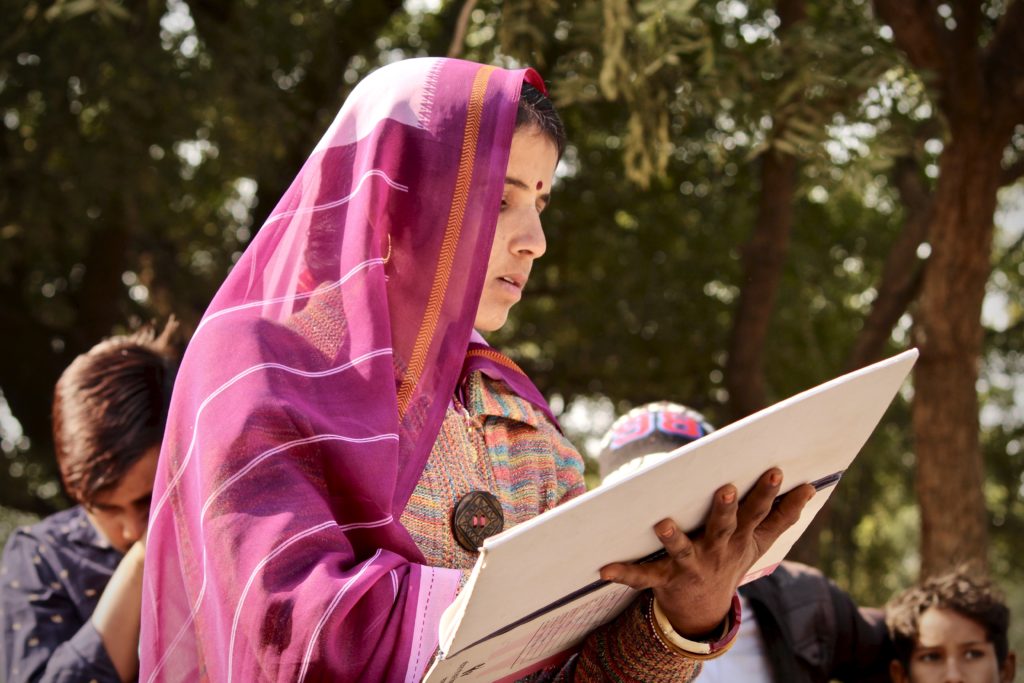
Diversity essentially refers to acknowledging, understanding and accepting individual differences. It goes beyond simple tolerance to fully embracing others’ individuality. These variations may occur in terms of age, gender, sexual orientation, religious affiliation, regional background, ethnicity and the like. In terms of the workplace, diversity management is a process of creating an environment wherein not only are the similarities and differences across individuals appreciated, but they are also encouraged to reach their highest potential, so that they positively contribute to their own as well as the organization’s aims and objectives. While the terms Diversity and Inclusivity may appear similar, they are not. In reality, the transition from diversity to inclusivity occurs when a heterogeneous group of recruits are fully accommodated in the organization and are treated without any kind of discrimination. In this sense, therefore, achieving a diverse and inclusive work environment requires constant introspection and active, intentional work on the part of the organization. Tokenism, on the other hand, can be defined as the practice of making only a symbolic effort to give the appearance that people are being treated fairly at the workplace. Simply put, it’s a façade of diversity and inclusion for the sole purpose of preventing criticism.
India’s Female Labour Force Participation Rate (FLFPR) has shown a decline over the years. According to the World Bank (2019), FLFPR was only 20.52 %, which is lower than the global average. Women, even today, continue to do unpaid labour or work in the informal sector with minimal wages. Pay disparity exists, with men being paid more for the same work than women in virtually all industries. It has been found that the pressure to strike a balance between personal and professional life is more on women than men. Unable to be a part of the informal networks, they do miss out on a number of opportunities that impact their professional growth in general. To counter under-representation of women in top leadership positions, several steps have been taken, but the results have been illusory at the very least

If we look specifically at the private sector, it is mandatory for every listed company to appoint a minimum of one woman on its Board as per Section 149 (1) of the Companies Act of 2013. The existence of such a provision, indeed, appears to be a milestone from the outset. However, a deeper look at its implementation highlights glaring inconsistencies. For instance, a 2017 Deloitte Report pointed out that women held 12.4 % of board seats in India, highlighting their poor representation. The high incidence of tokenism further worsens the scenario. In a 2017 study titled Corporate India: Women on Boards, women directors constituted only 13% of the total number of directors in the NIFTY 500. Moreover, only 60% were reported to be truly independent, others were either family members or just titular directors to meet guidelines of the Companies Act. Biocon chairperson Kiran Mazumdar Shaw had attributed the low representation of women in the management hierarchy to a strong bias against them in promotions. “There may be an unfavorable bias against women in promotions because the people taking decisions are mostly men,” she had said. Due to this practice of tokenism, women are forced to act as ‘puppets’ in the hands of those with the ‘real’ power. Such instances occur quite commonly in the decision-making process, wherein women are expected to take positions on resolutions or vote in a certain manner. Despite being in authority positions, they are unable to stand up against the prevailing discrimination in the organization and their opinions are outrightly dismissed or given little value.
In terms of the government sector, the 73rd Amendment Act, 1992, reserves no less than one-third of the total number of seats for women in all Panchayats. A similar reservation of offices of chairpersons in the Panchayats at each level for women has also been provided for. Despite such provisions, women are rarely seen as authority figures in Panchayats. Even when they attend the meetings, women rarely get a chance to put forth their views, downplaying the main objective. In most areas, either women belonging to affluent, politically-connected families, or those belonging to low socio-economic strata who are more prone to manipulation, are appointed as the Sarpanch.

A prominent example of tokenism at the ground level with all its nitty-gritties was exhibited in a one-of-its-kind show, Panchayat, starring Jitendra Kumar and Neena Gupta in the lead roles. Set in the town of Phulera, Uttar Pradesh, Neena Gupta plays the role of the official Sarpanch. However, it’s her husband (played by Raghubir Yadav) who oversees all the matters at the ground level. This system of Pradhan-Pati is, indeed, a common occurrence in many areas of the country, as depicted in the show. This would be an appropriate example of tokenism in the government sector since the real power is held by influential men of the village.
Several steps can be undertaken to tackle the problem of Tokenism in the workplace. Firstly, it is important for organizations to acknowledge and take active, concerted efforts to maintain gender diversity. A 360-degree integrated approach can be opted for facilitating this process at all stages of recruitment, diversity management, promotions and leadership roles, to name a few. Women at the forefront can, indeed, act as role models for other women to break the glass ceiling by achieving heightened success in their professional lives. Secondly, qualitative and quantitative research to make conclusive statements about the present contribution of women at workplace and ways to increase the same can also be beneficial. Finally, there’s an urgent need to enquire whether just numbers can really reveal the true picture. It’s high time we move beyond the graphical representations of yearly statistics to holistically understand the aspects of the workplace context that structurally limit the available opportunities for women, challenging them at every stage of their professional advancement, and ensuring that diversity and inclusion are truly meaningful and transformative.
Supriya is currently pursuing a Bachelors degree in Psychology from Lady Shri Ram College for Women. A self confessed bibliophile, books are her constant source of solace. She finds it liberating to express her ideas through various forms of art.


